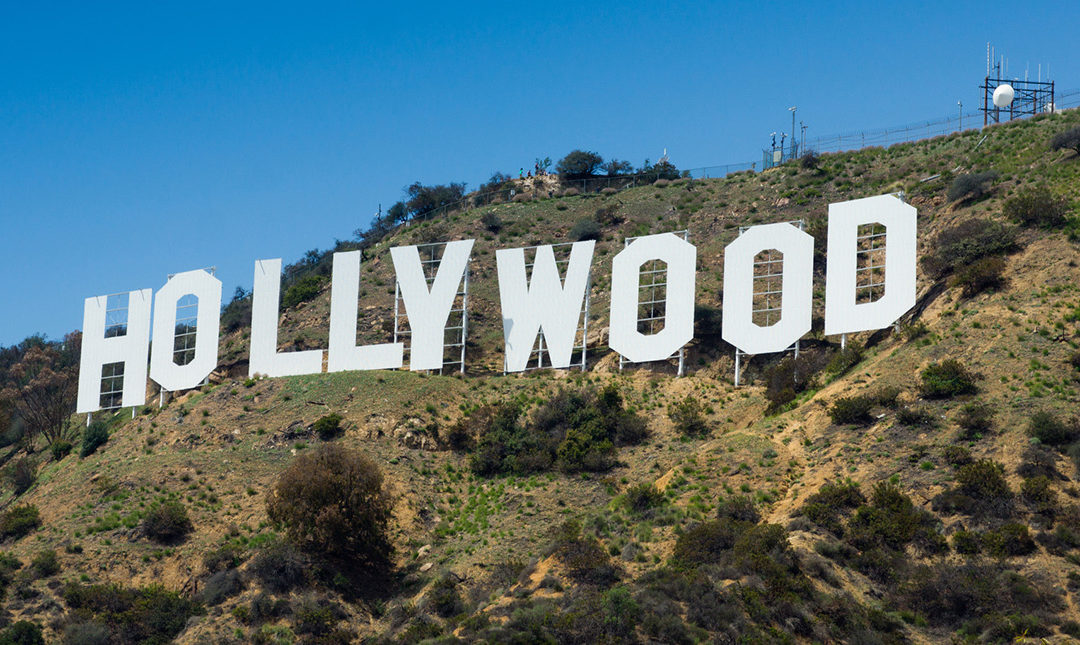Lights, Camera, Action!
The ocean has been the backdrop for some of the greatest movies. It has also been the backdrop for many mediocre movies, but hey, that’s not the ocean’s fault. The point is that for a filmmaker, the ocean provides you with an incredibly wide range of cinematic moods and settings. From beauty to terror to adventure, the ocean has it all. And the reason it all works so well is that anyone who has spent any time in the ocean has, at one time or another, probably experienced exactly what is being portrayed on the screen. After all, haven’t we all wondered what is lurking just below our feet? It may be difficult to identify with an action hero jumping from one speeding train to another but show a scene of feet treading water just below the ocean surface, and your spine begins to tingle because you know that the shark isn’t far off.
But when it comes to movies, most of us tend to focus on the finished product. Even if all we know about film is how to stream them, we can all appreciate the tremendous amount of time and effort that goes into the creative process. For a big-budget studio movie, that process involves multiple stages of production and requires the skills of dozens and dozens of different types of professionals. But even for smaller-budget, independent films, the process is almost the same, albeit on a reduced scale and with people doubling or even tripling up on jobs. Because filmmaking involves such a wide range of professions – from screenwriter to electrician to stunt coordinator – we can only provide you with the most general overview of the filmmaking industry. Therefore, we highly recommend that you take advantage of the filmmaking books we have provided as they include some classics of the movie industry that are still required reading at most film schools. And while on the subject of film school, we cannot overemphasize the benefits of pursuing a degree in some aspect of filmmaking. This is a highly competitive industry where even the twenty-something working in the mailroom is a most-likely a graduate of a prestigious film school. Unless you are a child prodigy, not having that degree will leave you at a disadvantage.
Having said that, we can give you some insight into the various stages of the movie-making process and the types of professions associated with each particular stage.
To learn more about filmmaking and to access Ocean Connect’s wide range of educational and career resources, please visit our Filmmaking snapshot.

